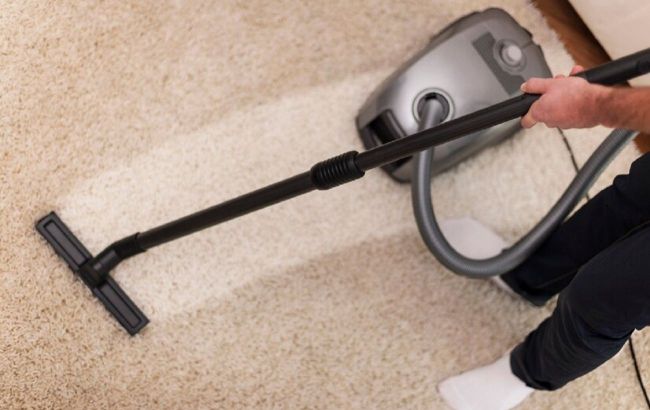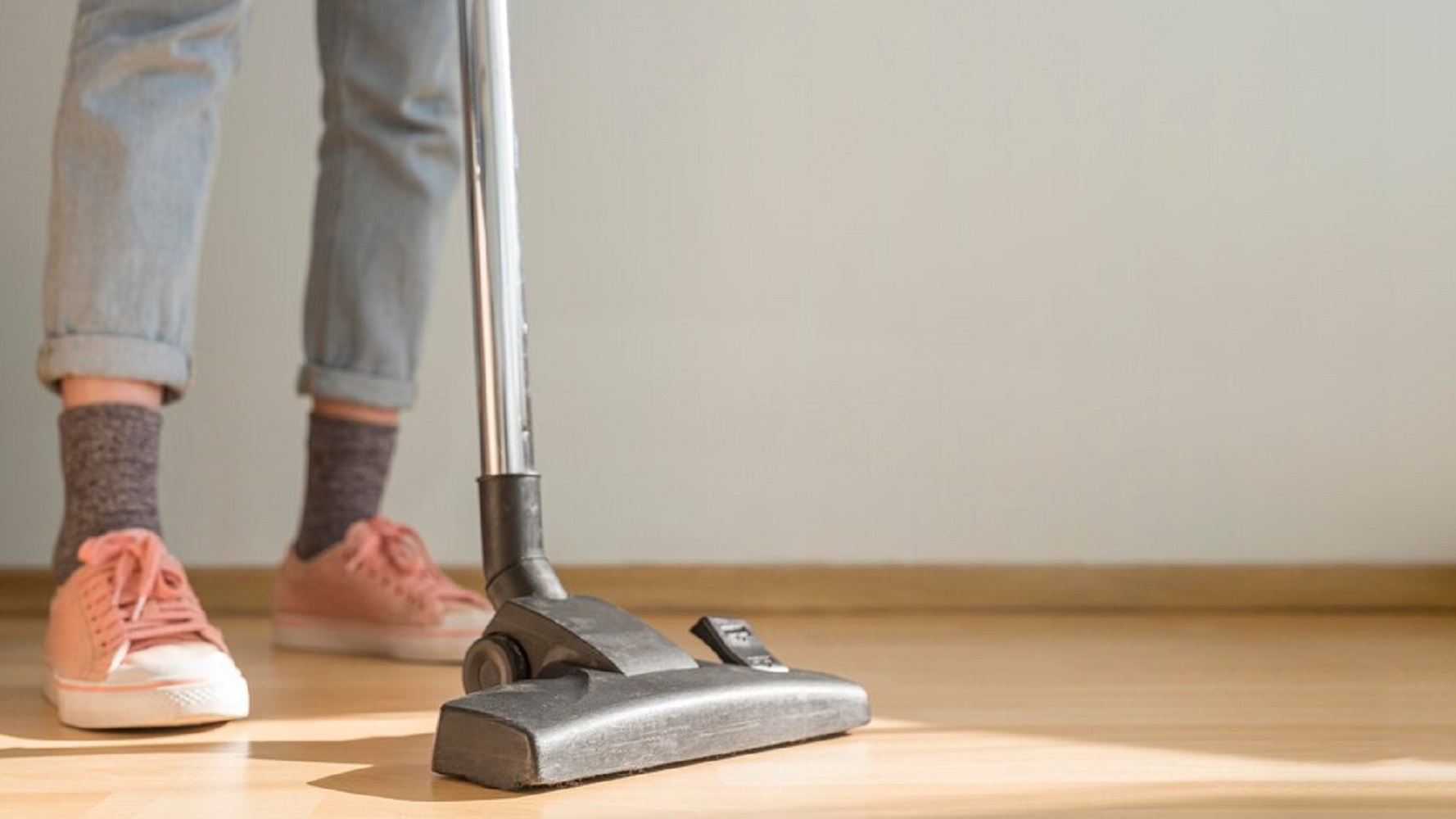10 types of garbage that should never be vacuumed
 10 types of garbage that should never be vacuumed (photo: Freepik)
10 types of garbage that should never be vacuumed (photo: Freepik)
A vacuum cleaner is an indispensable tool for keeping your home clean. However, not all garbage can be safely sent to its bag or container.
Liquids and moisture
Dry cleaners are not designed to collect water or liquids. Moisture can damage the motor, cause short circuits, or promote mold growth inside the device.
If you need to clean up liquids, use a special wet vacuum cleaner or a cloth. Leaving moisture inside the vacuum cleaner can also cause an unpleasant odor.
Construction dust
Construction dust, gypsum, or cement can clog your vacuum cleaner's filters and motor. Such fine dust often passes through the filters and returns to the air, degrading its quality.
It is better to use a special industrial vacuum cleaner to clean up construction waste. An ordinary vacuum cleaner simply cannot handle these materials.
Hot debris such as ashes or coals
Hot ashes from a fireplace or barbecue can damage the plastic parts of the vacuum cleaner or cause a fire. Even cooled ashes remain fine and can clog the filters. For such debris, it is better to use a metal scoop and brush.
Large pieces of glass
Glass fragments can damage the vacuum's hose or canister. In addition, sharp edges of glass can cut the bag or get stuck in the mechanisms. Clean the glass by hand, using a brush and scoop, to avoid this hazard. Don't forget to wear gloves to protect your hands.
Hair in large quantities
Although vacuum cleaners are often used to clean hair, large amounts of hair can be a problem. The hair gets tangled around the brushes and rollers, making it difficult for the device to work. Over time, this can cause the motor to overheat. Clean the brushes regularly if you vacuum frequently.
 Not all types of garbage can be vacuumed (photo: Freepik)
Not all types of garbage can be vacuumed (photo: Freepik)
Small coins and other metal objects
Coins, buttons, or metal fragments can become lodged in the vacuum's mechanism and damage it. In addition, such items make noise and can tear the bag. Pick up such items by hand before using the vacuum cleaner. This will keep your device in good working order.
Food residue
Even if the food looks dry, food residue can cause an unpleasant odor or attract insects. Oily foods can leave grease marks on the vacuum's parts, making them difficult to clean. For such residues, it is better to use a trash can and a cloth. The vacuum cleaner is not designed for food disposal.
Pollen and fine fluff
Fine pollen or fluff is often not captured by the vacuum cleaner's filter and is released back into the air. This can cause allergies or respiratory problems, especially for sensitive people. It is better to collect such debris with a damp cloth. This will help reduce the spread of allergens in the air.
Cosmetic residues
Powder, eye shadow, or fine glitter often behave like construction dust. They clog filters and can damage the vacuum's motor. They can also be difficult to completely remove from surfaces. Use a napkin or cloth to clean them up.
Threads, laces, and other long objects
Long threads or laces can become wrapped around the vacuum's brushes or rollers. This makes it difficult to operate and can damage parts. Instead, reassemble them by hand to avoid problems. Regularly check the condition of the brushes if such items fall into the vacuum cleaner.
Earlier, we wrote about 5 ways to make cleaning more pleasant and enjoyable.
Sources: Spruce, Apartment Therapy, Lifehacker.

